$XRP $SOL $ADA
#Ripple #XRP #LegalChallenges #Securities #Altcoins #Cryptocurrency #SEC #Blockchain #SOL #ADA #CryptoNews #CryptoRegulation
In a recent development that has caught the attention of investors and regulatory bodies alike, Ripple (XRP) finds itself entangled in new legal battles. However, this time, the opponent is not the U.S. Securities and Exchange Commission (SEC), which has been a recurring adversary in Ripple’s legal history, particularly concerning the classification and regulation of cryptocurrencies. This new legal challenge broadens the scope of scrutiny beyond Ripple, implicating other significant altcoins such as Solana (SOL) and Cardano (ADA). These cryptocurrencies are now under the judicial microscope, accused of being securities rather than mere digital tokens. This case marks a pivotal moment in cryptocurrency regulation, possibly setting precedents that could influence the future of how digital assets are classified and governed worldwide.
The classification of cryptocurrencies as securities has long been a matter of contention between regulatory bodies and the crypto community. The outcome of Ripple’s case could have profound implications for the broader ecosystem, potentially subjecting these assets to more stringent regulatory frameworks typically reserved for traditional securities. This prospect raises concerns about the operational and financial implications for the affected platforms and the wider implications for innovation and market dynamics within the cryptocurrency sector. Particularly for Ripple, SOL, and ADA, such a classification could necessitate significant changes in their operational models, possibly affecting their market performance and the strategic direction of their respective projects.
Ripple’s legal troubles underscore a broader debate on the nature and regulation of cryptocurrencies. As digital assets continue to evolve and gain prominence in global finance, their classification carries significant consequences for investors, developers, and regulators. The distinction between a security and a utility token, for instance, determines the legal and compliance obligations of the issuing entities. Moreover, for investors, it impacts the risk profile and legal protections associated with their investments. As such, these legal battles are not merely a concern for the parties directly involved but represent a critical juncture in the ongoing development of cryptocurrency regulation and its implications for market stability and investor protection.
The resolution of this case could serve as a landmark in cryptocurrency regulation, signaling to other regulators and lawmakers worldwide how digital assets might be treated under law. Given the global nature of cryptocurrencies, which transcend national boundaries, coherent regulatory approaches are essential for fostering innovation while ensuring market integrity and protecting investors. As this legal saga unfolds, it will be crucial to monitor its impact not only on Ripple, XRP, SOL, and ADA but also on the broader cryptocurrency market and the regulatory landscape. Stakeholders across the board await with bated breath, understanding that the outcomes could wield lasting effects on the future of digital finance.

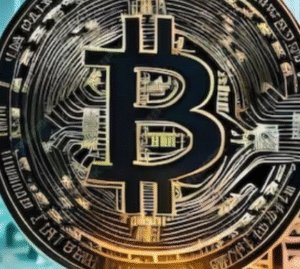
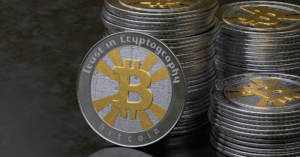


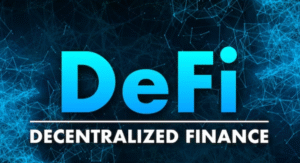


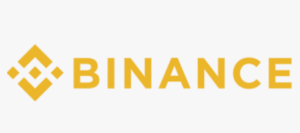

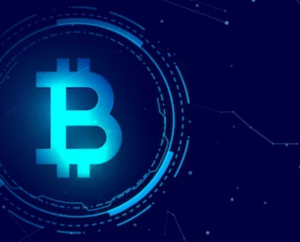
Comments are closed.